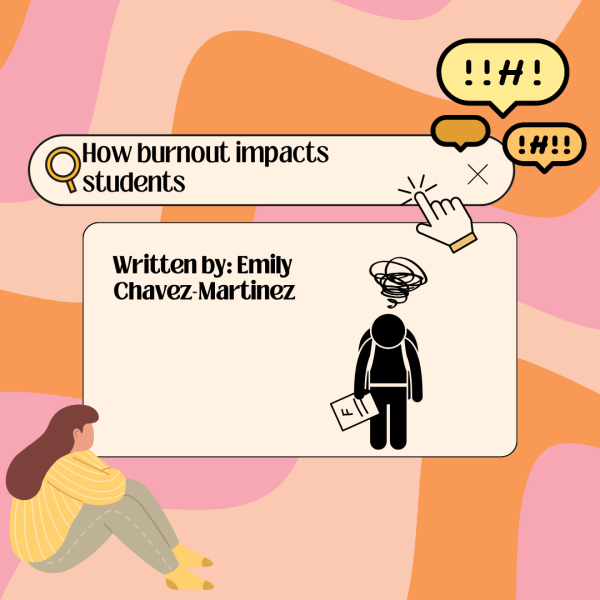Managing a Busy Schedule
With many seniors having numerous activities to do outside of school, their schedules are cluttered and can become overwhelming. Here are some tips on how to keep a clear and neat schedule.
With so much to do with so little time, many students are struggling to keep pace with their academic, work, and extracurricular activities. Thus, here is a list of ways to help you keep yourself on track.
1) Write a List
It is extremely important to have a written schedule or list. By doing this, it helps create a visual idea of what you need to do that day and decreases the likelihood of you forgetting what to do. If need be, you can create several lists regarding school, work, and chores to further organize yourself. In fact, if you are incredibly stressed or anxious, this technique is highly recommended, as studies have found that stress and anxiety can cause memory loss (Mayo Clinic).
2) Prioritize
Getting the assignments or chores that are immediately due or needed out of the way is the best way to eliminate stress from your schedule. Leaving the tasks due the next day for last is not entirely the best idea, as it merely creates more stress for you in the long run (Corporate Financial Institute).
3) Plan Ahead
Think ahead of what you are doing that week: are you running errands? Going out with friends? Going to the gym? Taking a day off? No matter what it is, planning your assignments and chores around these days are important to make sure that you still get them completed on time and with as little stress as possible.
4) Have a Reward System
If you are merely working 24/7, you will quickly find yourself burning out. Celebrate when you get an assignment turned in on time by taking a break, treating yourself to a snack, or doing anything else you enjoy. Otherwise, burnout can occur when the effort-reward imbalance becomes too unsteady. This means that if you work grueling hours only to receive a low reward, you quickly find yourself at risk for developing coronary diseases (plaque build-up on the wall of the arteries that supply blood to the heart), anxiety, physical exhaustion, and/or depression or other mental illnesses (Frontiers in Psychology) (Centers for Disease Control and Prevention).
5) Be Flexible
Don’t be afraid to change a few things up every so often. There’s no harm to it, and it may even benefit you more than what you had implemented into your schedule beforehand. A change of pace can make you feel more energetic, invigorated, and creative, which is ideal towards productivity (Shondaland).
In all, make sure to prioritize your health, even when your schedule is busy. Many teachers at Dakota work at an extremely fast pace, but your health is much more important that getting that assignment turned in. Hopefully, these tips will help students manage their schedules with a bit more ease, so they do not need to exhaust themselves with the stress from school.
Your donation will support the student journalists of Dakota High School. Your contribution will allow us to purchase equipment and cover our annual website hosting costs.

Jade Lilly is a senior at Dakota High School. This is her first year writing for the Dakota Planet, but she has plenty of experience towards writing professional...










